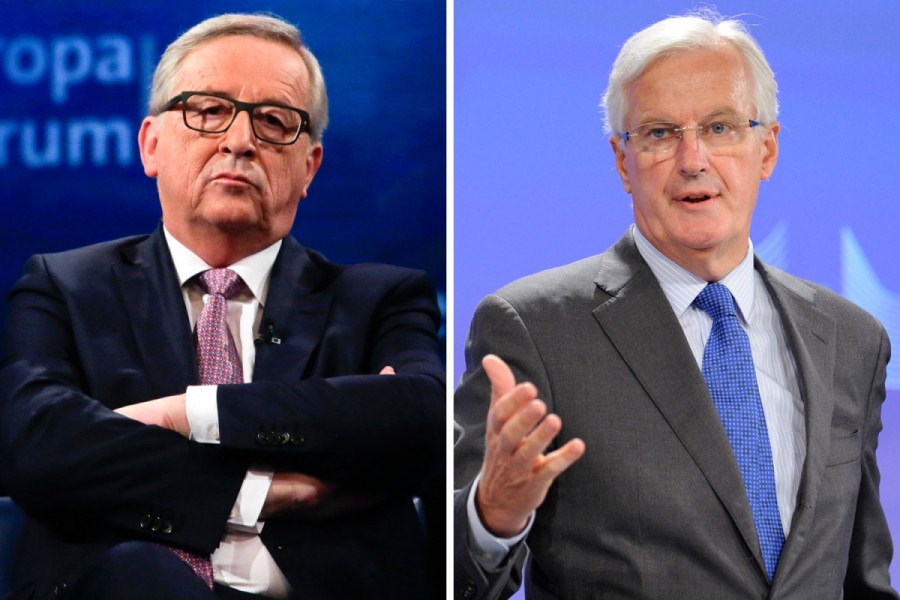It could be described as a counter trade coup of its kinds but the normally impassive faces of Jean Claude Junker betrayed a sliver of a smile as he and Michelle Barnier inked their names to the unprecedented trade deal with Japan on Thursday catering for a third of the world's trade. In so doing the biggest trade pact ever has been commissioned without a word getting out.
Too often bureaucrats are blamed for slowing things down but this one, superbly convert, has delivered yet another blow to Brexit leavers who had been looking for such bailout prospects. The deal will make food imports to China competitive if not cheaper but pry open larger markets to offer more choice such as the stiffly controlled beer barrier. On the obvious sides 99 per cent for Japanese tariff would be lowered for imports to the EU - read cars and electronics - whereas 94 per cent of duty on EU goods would remain thereby protecting a social and political liability that Japan guarded jealously.
Competition brings with it new processes that are expected to push the Japanese economy in to newer ways of doing things including the inevitable changes to age-old practices that in time raises efficiencies.
The biggest achievement was to maintain total secrecy, especially keeping things from the media. Another similar bandwagon is headed for China for another deal that could effectively cut two of the Brexit bright lights being effectively switched off and emerge as major answer to the US trade wars. Japan has found an alternative to the all but scuttled Trans-Pacific Partnership the US walked away from. China, on the other hand, found smoother access to its Silk Road diplomacy with or without the US. In doing so they have kept the bungling media at bay with their silence. Theresa May is pitching bunker battles in horse-sharing that pits Conservatives on one side and Labour on the other with less certainty how many leaver Tories will warm up to her charm. A tenth resignation weakens her slender majority.


